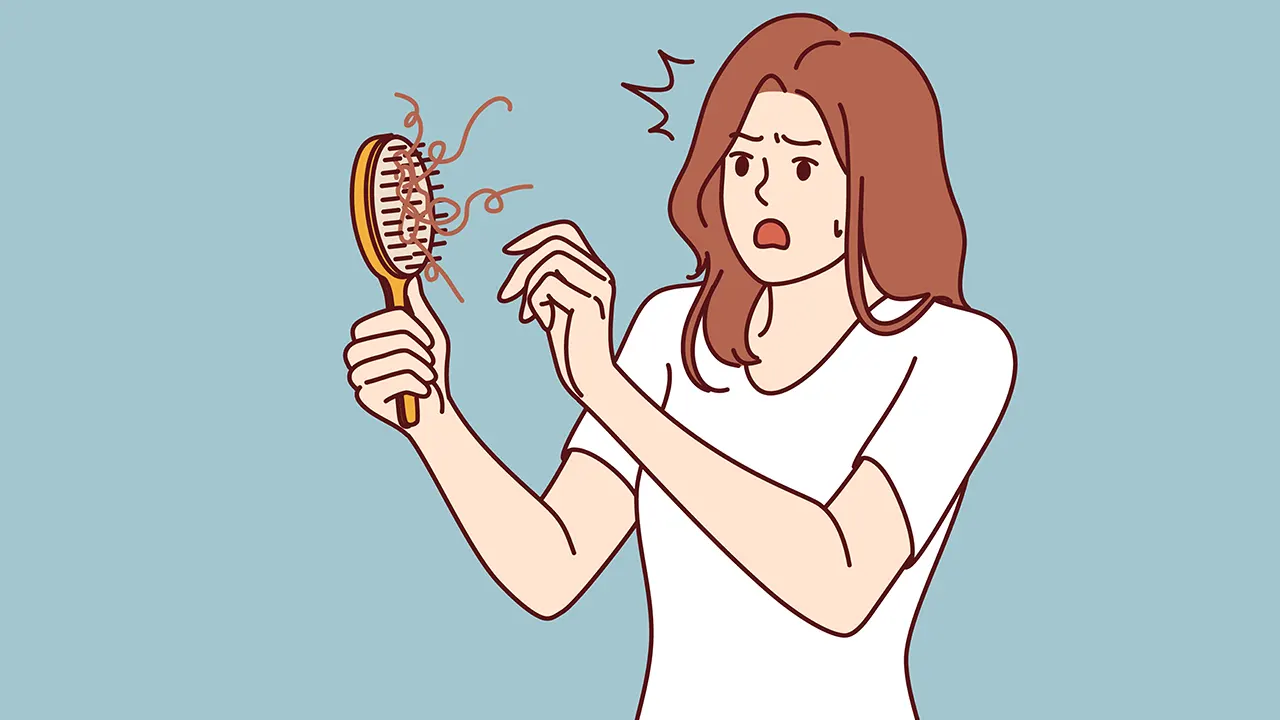Alopecia Areata: Understanding and Treating It Correctly at Lallalita Clinic
Are you experiencing patchy hair loss? Worried about the thinning patches and wishing for your full, thick hair to return? Lallalita Clinic understands your concerns and is ready to provide comprehensive consultation and treatment for alopecia areata.
Alopecia areata is a condition where the body's immune system attacks its own hair follicles, causing hair to fall out in patches of various sizes. It most often occurs on the scalp but can also affect hair in other areas, such as the eyebrows, beard, or even eyelashes. While not life-threatening, this condition can significantly impact a patient's confidence and quality of life.
Causes of Alopecia Areata
The exact cause of alopecia areata is not yet fully understood, but it is believed to result from a combination of factors, including:
- Autoimmune Disease: This is believed to be the primary cause. The body mistakenly identifies hair follicle cells as foreign invaders and mounts an immune attack against them, causing the follicles to cease functioning and the hair to fall out.
- Genetics: It has been reported that individuals with a family history of the condition have a higher predisposition to developing alopecia areata.
- Stress: Severe, chronic stress or major traumatic events may act as triggers that initiate or worsen the condition.
Symptoms of Alopecia Areata
The most common symptoms are:
- Round or oval patches of hair loss: It often begins with small, coin-sized patches or larger, and there may be multiple patches.
- Smooth skin in the area of hair loss: There is no redness, itching, or scaling.
- อาจมีอาการคันหรือแสบร้อนเล็กน้อย: ในบางราย ก่อนที่ผมจะเริ่มร่วง
- Hairs at the edge of the patch may be easily pulled out: With a gentle tug.
- Nail changes may be present: Such as pitting of the nails.
- Total scalp hair loss (Alopecia Totalis) or total body hair loss (Alopecia Universalis): In severe and rare cases.
Who is at risk for Alopecia Areata??
This condition can affect all genders and ages, from young children to the elderly, but it is most commonly found in adolescents and young adults, regardless of ethnicity.
Diagnosing Alopecia Areata at Lallalita Clinic
At Lallalita Clinic, the doctor will perform a thorough diagnosis, beginning with taking a detailed medical history, a physical examination, and a detailed examination of the scalp and hair. In some cases, a scalp biopsy may be performed for pathological examination to confirm the diagnosis and to differentiate it from other causes of hair loss.
Alopecia Areata Treatment at Lallalita Clinic
There are various treatments for alopecia areata, depending on the severity of the symptoms, the patient's age, and their response to treatment. At Lallalita Clinic, we offer a variety of modern treatment approaches to achieve the best results for each patient:
- Topical Medications: Such as corticosteroids to reduce inflammation and suppress the immune response at the hair follicles. The doctor will select the appropriate strength of the medication based on the patient's specific factors.
- Corticosteroid Injections: Injecting corticosteroids into the affected areas is an effective treatment for patients with small to medium-sized patches of hair loss.
- Oral Medications: In severe or widespread cases, oral immunosuppressants may be considered under close medical supervision.
- Treatment with Minoxidil: Used to stimulate hair regrowth.
- Phototherapy: Such as PUVA or Excimer Laser, which may help stimulate hair growth in some cases.
- PRP (Platelet-Rich Plasma): A procedure that involves injecting plasma rich in platelets back into the scalp to stimulate the growth of hair follicle cells (an increasingly popular alternative treatment).
Why Treat Alopecia Areata at Lallalita Clinic??
- Expert Dermatologist
- We conduct laboratory blood tests to investigate potential related causes.
- We offer a variety of treatment options, including topical medications, injections, biologic drugs, and excimer light therapy.
Don't let alopecia areata undermine your confidence! If you suspect you have this condition or wish to consult about treatment, please contact Lallalita Clinic to schedule a consultation.
Tel. 0863434562
Line@: @lullalitaclinic
Map: https://maps.app.goo.gl/evBBKvU7ntgvTq9S8





